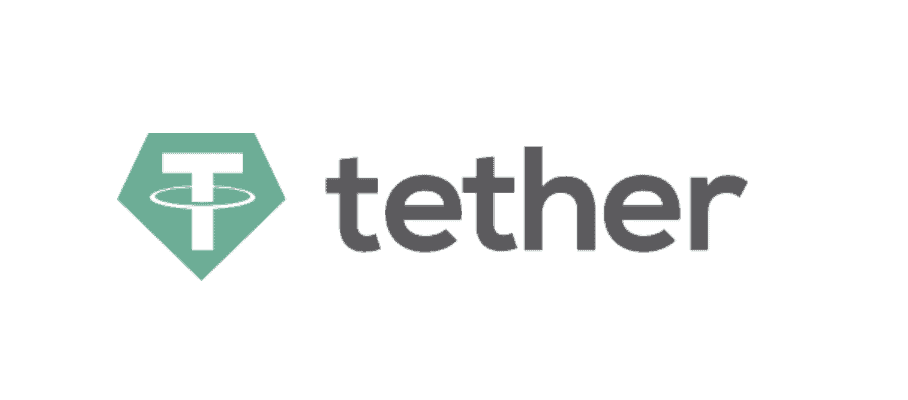Tether, the issuer of the world’s most popular stablecoin USDT, has been fined US$41 million by the U.S. Commodity Futures Trading Commission (CFTC) over “untrue or misleading” claims that its USDT stablecoin was fully backed by corresponding fiat currencies.
Fast facts
- The CFTC said in a Friday statement that from at least June 1, 2016 to Feb. 25, 2019, Tether misrepresented that it maintained sufficient U.S. dollar reserves to back every USDT in circulation with the “equivalent amount of corresponding fiat currency” held by Tether and “safely deposited” in its bank accounts. However, in fact, Tether held sufficient fiat reserves in its accounts to back USDT tether tokens in circulation for only 27.6% of the days in a 26-month sample time period from 2016 through 2018, the statement said.
- “This case highlights the expectation of honesty and transparency in the rapidly growing and developing digital assets marketplace,” Rostin Behnam, acting chairman of the CFTC, said in the statement.
- In response, Tether said in a statement that the CFTC’s order “found no issues relating to Tether’s current operations” and that “these issues were fully resolved when the terms of service were updated in February 2019.”
- Additionally, the CFTC on Friday issued a separate order to fine Bitfinex, a crypto exchange with links to Tether, a total of US$1.5 million for illegal transactions to Americans, which were against a previous CFTC order.
- Tether and Bitfinex have been caught in a slew of troubles. In February, they settled an investigation for US$18.5 million with the New York State Attorney General’s office that examined whether Tether and Bitfinex sought to cover up a US$850 million loss in funds. As part of the settlement agreement, neither company admitted wrongdoing but were required to submit quarterly reports on their reserves for two years.
- Stablecoins are cryptocurrencies that are pegged to the value of a fiat currency — in Tether’s case, the U.S. dollar. With a circulation of 69 billion, Tether is the largest stablecoin in the world, and if it is truly 100% backed as it claims, it would be one of the top 50 banks in the U.S. Stablecoins serve an important part of the crypto ecosystem, by offering a low-risk token to allow people to either enter the crypto market or trade proficiently among it as its value does not fluctuate.
Lachlan Keller contributed to this report.





